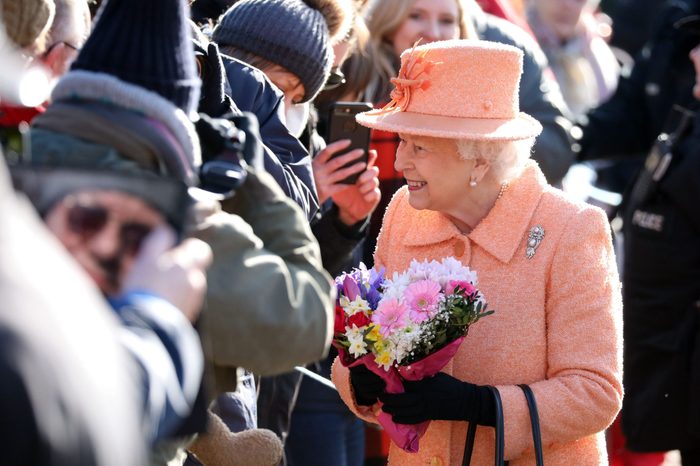
It takes a ton of planning to create a well-run machine
Watching the royal family walk past a crowd seems pretty straightforward, but every public event requires meetings, lists of resources, more meetings, planning sessions, and, of course, running the actual event, says Simon Morgan, a royalty protection officer from 2006 to 2013 and founder of Trojan Consultancy. It might look seamless on the day, but that’s only because “lots and lots of work has gone into that,” he says. “It’s not a case of we turn up and hope for the best.”
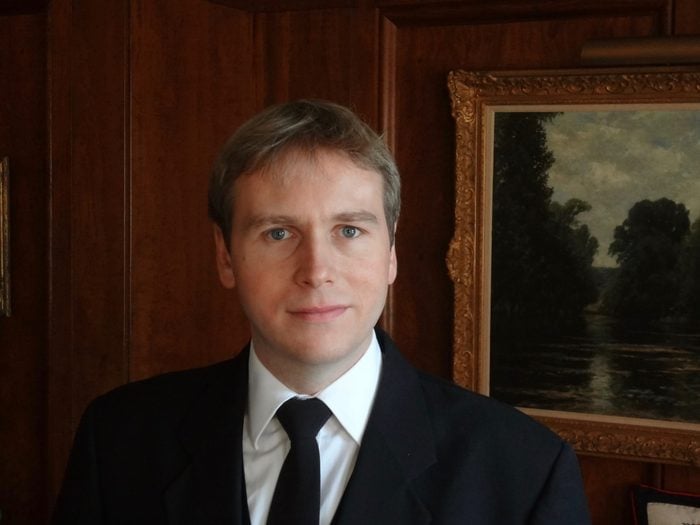
Proper etiquette is important
As you’d probably expect, working for the royal family involves a good deal of formality. For instance, you can only shake a hand if they put their hand out first, and you should never sit down unless invited to, says etiquette expert Grant Harrold, who was Prince Charles and Camilla Parker Bowles’ butler from 2007 to 2011. “These are rules you learn as a butler. They’re quintessentially British,” he says. Learn about the 18 etiquette rules the royal family needs to follow.
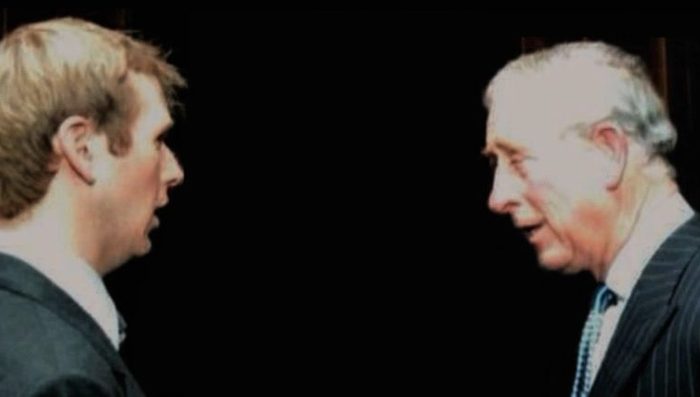
Respect is a two-way street
When you’re dealing with people who expected to be treated like, well, royalty, you might expect some prima donnas who snub their staff. But Morgan says that was never the case for him. “They’re all very easy to speak to; they’re all very respectful of what your role is,” he says. “Certainly no one was aloof, or nobody treated you badly.” Harrold had the same good experience; he says they always acted gracious for his help and never forgot to say “please” and “thank you.”
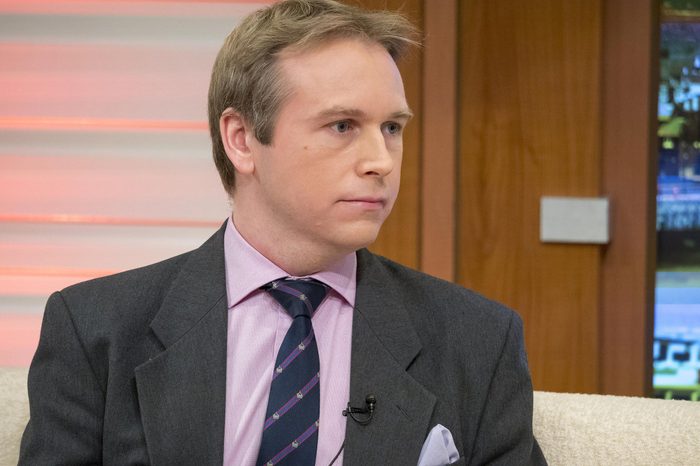
The interview process can be lengthy
If someone is supposed to be working closely with the royal family, they aren’t going to settle on the first decent person to apply. Harrold says he had to go to about six interviews over six months, and it wasn’t until the final one that he met Charles and Camilla. You won’t believe these 13 bizarre royal jobs that actually exist.
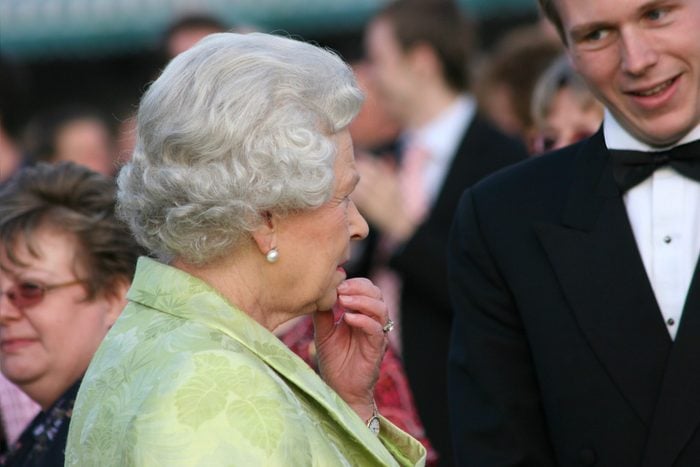
You need to stay friendly
By the time a person is vetted and hired, the royal family already has a level of trust for the staff member. But hard skills, like first aid and firearms for a protection officer, lose their meaning if you don’t have the soft skills for building rapport, says Morgan. “If you don’t have those personal skills—if you’re a blunt individual—that will be a problem,” he says. “If you can’t see you have to build relationships to move toward common goals, that will be a problem.”

Hours aren’t always regular
Like any role where you’re living on the grounds with a family, on-duty hours aren’t always regular. A busy day might start at 7:30 a.m. and keep you occupied until 11 p.m., or you might have much shorter hours on a more lax day, says Harrold, who says he always had “very, very good hours” when working with the royal family, compared to the six-day weeks butlers with other families might need.
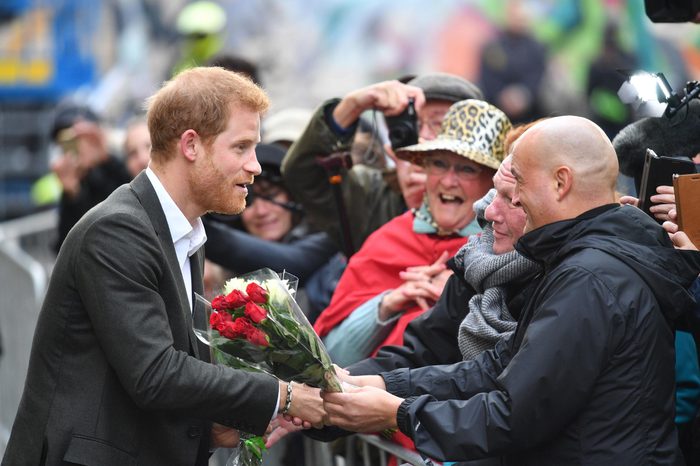
Your guard is always up
For Morgan, the most stressful part of his job was when the royal family was walking around greeting crowds. As much planning as he and the team might have put into the event, crowds can be unpredictable, so he’d need to be constantly scanning for potential threats. “They’re a family of the people,” he says. “Access and face time with members of the public is important to them, and you have to manage that and manage the risks associated with that.” Everyone should know these things to do (and not do) if you meet a royal.
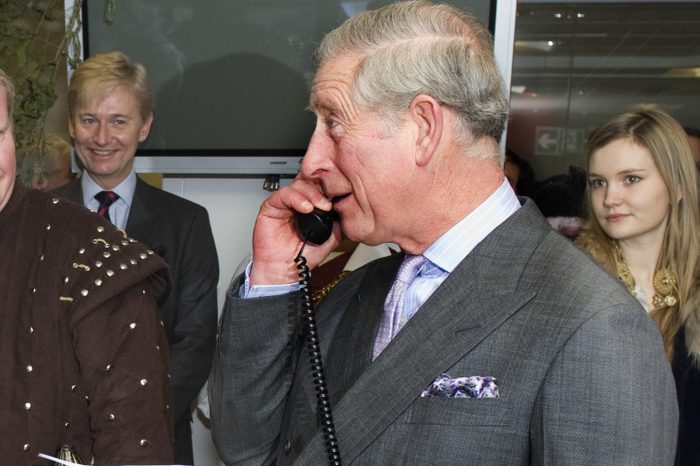
They take interest in their staff
Royal household staff members aren’t invisible to their palace-dwelling bosses. “If you bumped into them, they’d have a conversation with you,” says Harrold. “It wasn’t like, ‘You’re staff; I’m not going to speak with you.’” He said that if he was ever having issues with his family or personal life, Prince Charles would even call him on the phone to make sure he was OK.
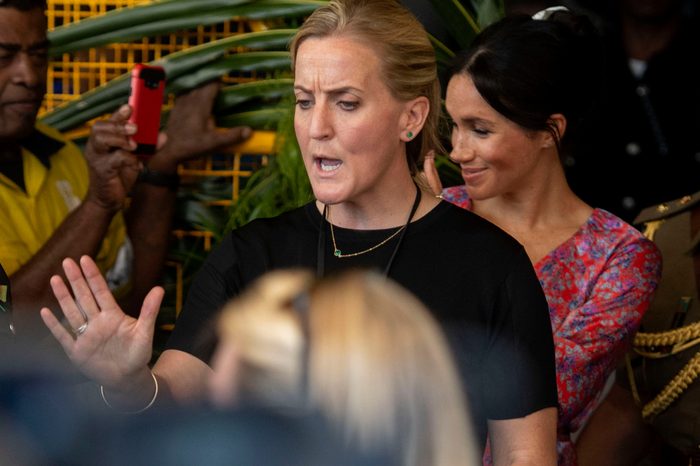
Your qualifications need to be top-notch
You can’t just deem working for the royals your “dream job” and expect to get a position you’re not particularly qualified for. Royalty protection officers, for instance, need to have spent 10 to 15 years in the police force before being considered for a position with the royal family. Harrold, meanwhile, had written the Queen about job openings and got a solid “no” until he’d built up his resume. He worked his way up from under-butler at one estate to butler for the 14th and 15th Dukes of Bedford, then finally put in a successful job application for the Duke and Duchess of Cornwall.
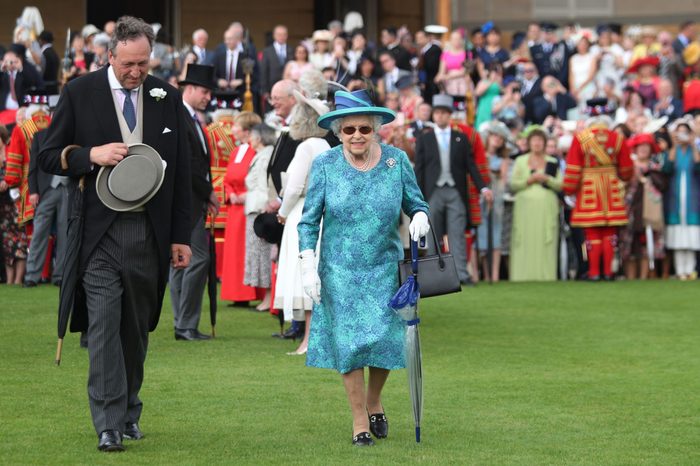
They’re loyal employers
Even though Harrold hasn’t worked with the royal family for about eight years, he still gets invitations to garden parties and events at Buckingham Palace—and he’s not the only staff member who’s built up a lasting relationship. He’s met former staff who worked for Queen Elizabeth II’s mother or are in their 80s and 90s who are still getting those invitations. “The royal family really do reward loyalty with loyalty and don’t just cut off contact with people,” he says. “When they build up relationships, the relationships stay.” Don’t miss these 21 candid, rarely seen photos of the royal family.
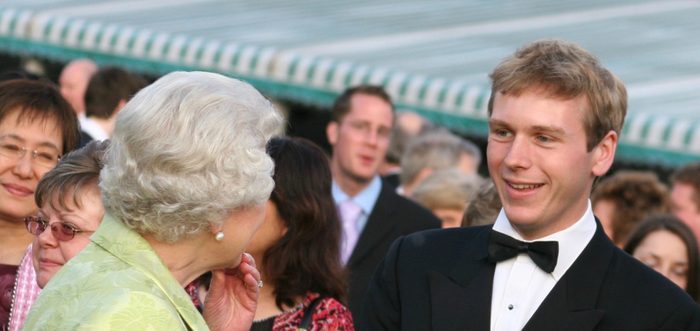
There’s a difference between knowing your place and being ignored
Even if you’ve worked for a decade with the royal family, proper etiquette isn’t to run up to the Queen for a bear hug in social situations. “When I see the Queen at events, we don’t embrace and say ‘good to see you,’” says Harrold. “It’s still all very respectful, and you do get acknowledged—and you’re remembered, which is even better.”
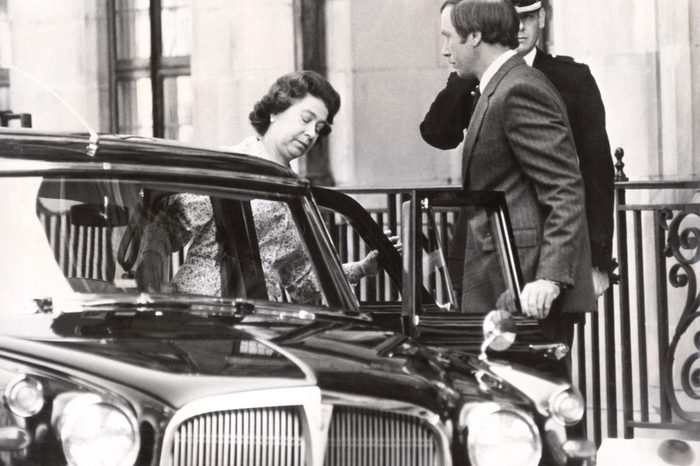
Forgetting protocol will lose you points
The royal family has been doing enough official engagements to know what they look like when they run smoothly, so they’ll notice if their staff has missed a few steps. If the staff member’s predecessor always opened the car door but the new one just walked away, they’ll start to lose trust, says Morgan. “Most [royals] know where they expect to see protection officers, and if they’re not in that place, it puts a question in their mind that maybe they don’t know what they’re doing,” he says. The royal family follows their own protocol too—these are 10 dress code rules everyone in the royal family has to follow.
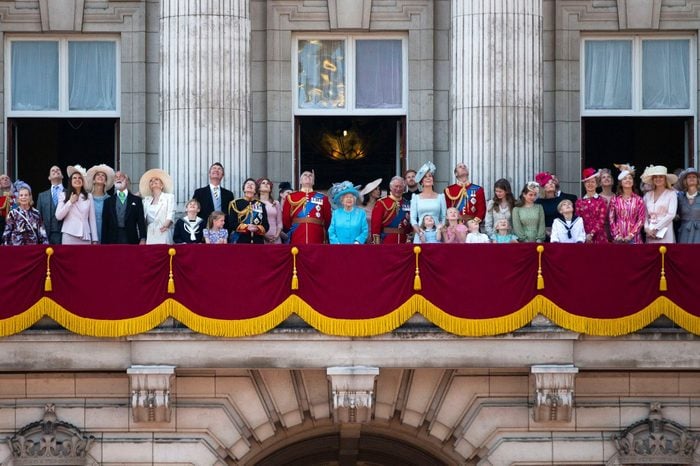
There are pressures beyond just the royal family
When you’re involved in an event with the royals, you’re not just worried about doing right by the individual family members. The Queen and her family are “global icons,” says Morgan, so you’re representing the country, the entire Commonwealth, and the police force (in the case of protection officers). “You have many different pressures there of ‘nothing can go wrong,’” he says.
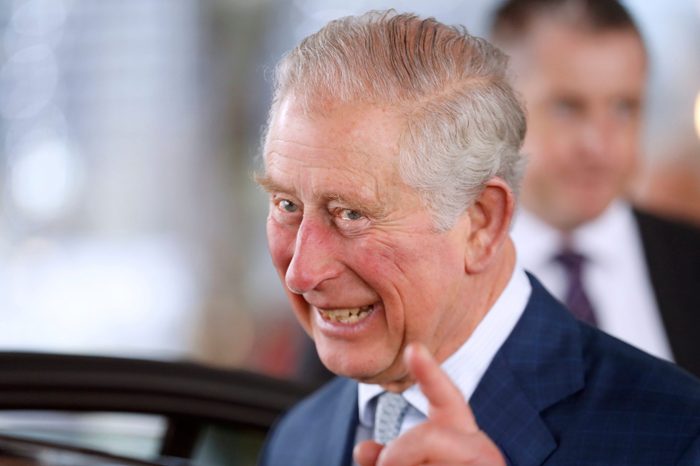
No gossiping allowed
When you’re up close and personal with the royal family, you’re naturally going to get some juicy intel when you overhear conversations or get a glimpse of who they’re with. After all, what family doesn’t have their secrets? But blabbing about it to the press is a good way to get on their bad side. “Loyalty, discretion, and trust are quite big,” says Harrold. “They have to know you will keep things private.” Don’t miss these 12 royal family scandals that rocked the world.
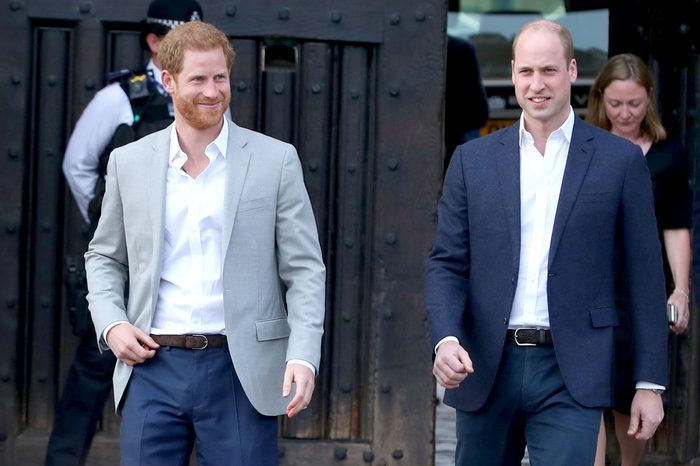
Working for one person might involve working for others, too
Just because your job description is working for one or two members of the royal family doesn’t mean that’s where your duties end. Harrold started working for Charles and Camilla in 2004, when William and Harry were in their early 20s, so they—and Kate Middleton—also ended up being part of Harrold’s duties. “I was happy to do the extra work,” he says.
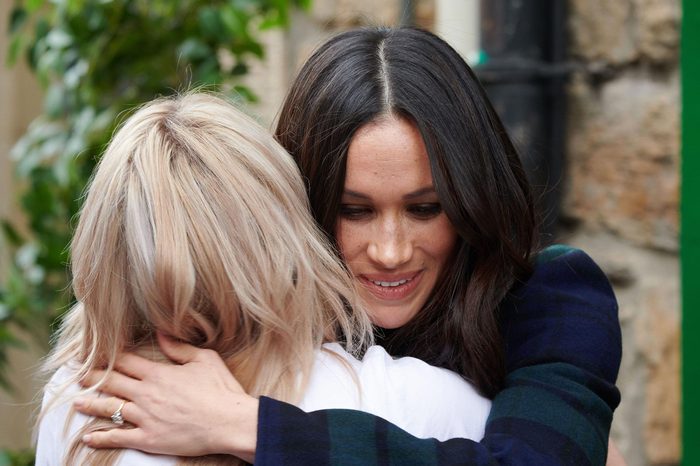
The royal family is always polite
The royal family doesn’t expect staff to be prim and proper, while they ignore basic manners themselves. “They’re very caring, very appreciative of what you do,” says Harrold. “They’re paying my wage, so they don’t need to say ‘please’ and ‘thank you,’ but they do.” Learn which 10 myths about the royal family just aren’t true.
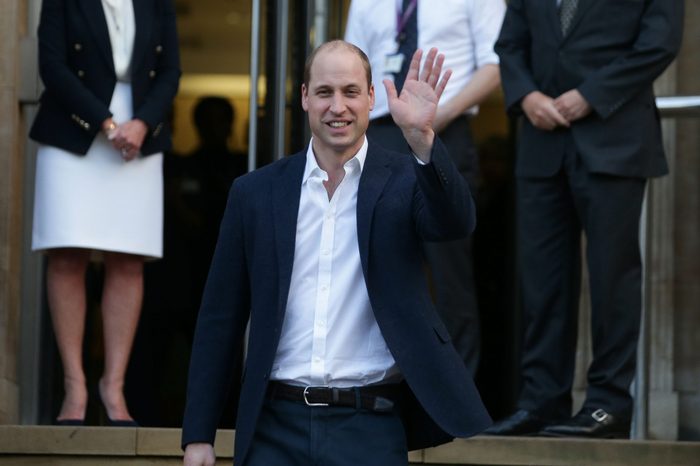
They stay low-key in public
When the U.S. president comes to town, you’ll probably see streets blocked off and big protection teams milling around. When the royal family is out and about, you can expect the opposite. “Our focus primarily is not unsettling the environment,” says Morgan. “The model is called ‘discrete and unobtrusive.’” The royal family will have security with them, but they blend into the background to avoid attracting attention. The goal is to make people say, “Wait, was that—? Nah, couldn’t have been.” For more inside looks into the life of royalty, read up on these 50 things you didn’t know about the British royal family.